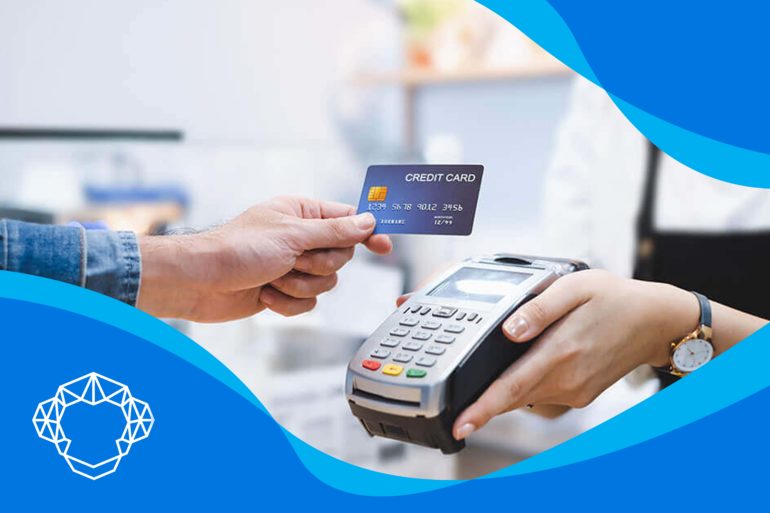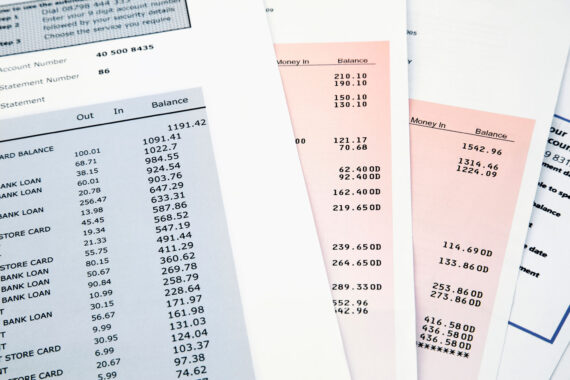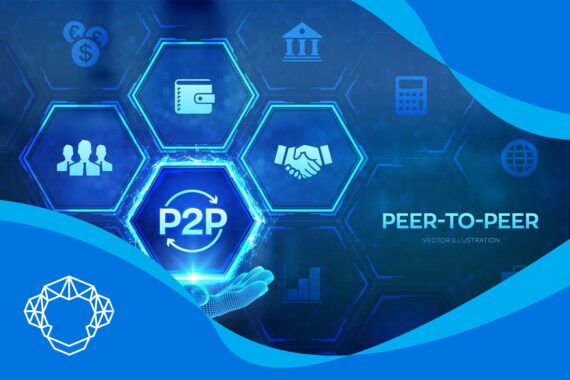When opening a business, it’s crucial to understand the differences between some vital services for your company. While they may sound similar, each does something different and important for you, whether legally or practically. Today, you can learn the answer to the question of what is a payment processor and how it’s different from gateways.
The most successful small businesses know what needs setting up before they begin working. No matter what kind of e-commerce business model you wish to set up, learning about processors and gateways is essential. Understanding these things will also help you learn how customers pay and how issues are resolved when they encounter them.
What Is a Payment Processor?
A payment processor (PP) is a company that offers credit card processing services. They manage the transactions and their processes as mediators between the bank and the merchant. As a merchant, you can choose which credit card processing company might suit you the best.
Before deciding which company to work with, research the best PP companies for small businesses and check everyone’s credentials. Each of these companies has rules and regulations, and some will simply be better than others.
For example, suppose you’re running a high-risk business or a high-risk account and get into situations when payments pose a risk of endangering a financial balance. In that case, you’ll need a reliable and secure company that understands how to deal with such transactions.
Different types of businesses require different types of processors. Some specialize in online purchases, and others are great for low-cost paying. If you have a wireless cards processing machine, you’ll need a fast and reliable company to process them, especially if your business is always on the move.
What Does a Payment Processor Do?
When someone orders an item online and enters their information for payment, that’s when the processor’s role begins. These companies deal with front-end and back-end processes.
Front-end processors are connected to card issuers, and they authorize payments to the merchant’s bank balance. Back-end ones accept those authorizations and use a proxy to move the money from the issuer’s bank to the merchant’s.
They verify the legitimacy of a credit or debit card and send the completion of pay forms through a gateway. However, this form is sent to the merchant, not the buyer, and the seller uses it to verify and complete the transaction.
How Do These Processors Work?
Now that you know there are companies that process transactions and make them happen, here’s how that system works, step-by-step:
- The customer provides information to the seller via a website (paying online) or a POS terminal (paying in-store)
- The information goes through a gateway, which sends it to a PP,
- They initiate a transaction by sending information to a provider/network (Visa, MasterCard, and alike)
- The network informs them about paying and the request of approval,
- The seller completes the customer’s transaction,
- The PP notes the completed transaction and informs the bank that holds the customer’s account to send funds to the merchant’s bank,
- The seller gets the funds, which takes between a few moments and a couple of days, depending on the provider and the recipient’s account.
Each transaction has a credit card convenience fee. The network that processes cards requires maintenance, which usually costs money. The companies that process transactions collect transaction fees from the merchant, take a cut, and then forward it to other intermediaries.
Some companies that process transactions have good effective rates for PP, while others may be a bit more demanding. Average fees for PP amount to something called a total fee, which is generally 2% to 3% of the total purchase price.

What Is a Payment Gateway and Is It Involved in Processing?
A payments gateway is a mediator between third-party payment processors and card companies. Its software handles the technicalities of transferring cardholder data and is integral for receiving money in the first place.
In plain words, a gateway is a website where online shoppers enter their account number and other details. When they’re taken from a merchant’s website to another screen where they can enter all this info, they land on a secure page that allows them to continue the purchase.
Gateways are involved in the payments process because they’re the first step towards finalizing a purchase. However, these are two different steps rather than being synonymous – it’s important to remember that.
How Does a Gateway Help a Business?
Gateways are mediators between a bank and a provider, unlike companies that do processes that facilitate the entire transaction and make it possible for issuers to communicate with banks.
Running online businesses without gateways would be nearly impossible because they are what makes shopping online happen. Without one, customers wouldn’t have any place to enter their data and purchase whatever they want. So, gateways are crucial for business.
Additionally, there’s something called being PCI compliant. PCI stands for Payment Card Industry, which calls the shots for fees and abilities to pay by cards. This industry and the compliance rules were invented by various providers.
Becoming PCI compliant has rules, and one of them is that processors cannot collect data from websites directly. This has caused the existence of gateways and made online shopping possible in the first place.
You can get a gateway by filling out a form about your financial details and agreeing to a monthly maintenance fee plus a fee per transaction. Some gateways offer special services, such as Stripe or Braintree, which are free and accept Apple Pay, Venmo, and PayPal in addition to cards.
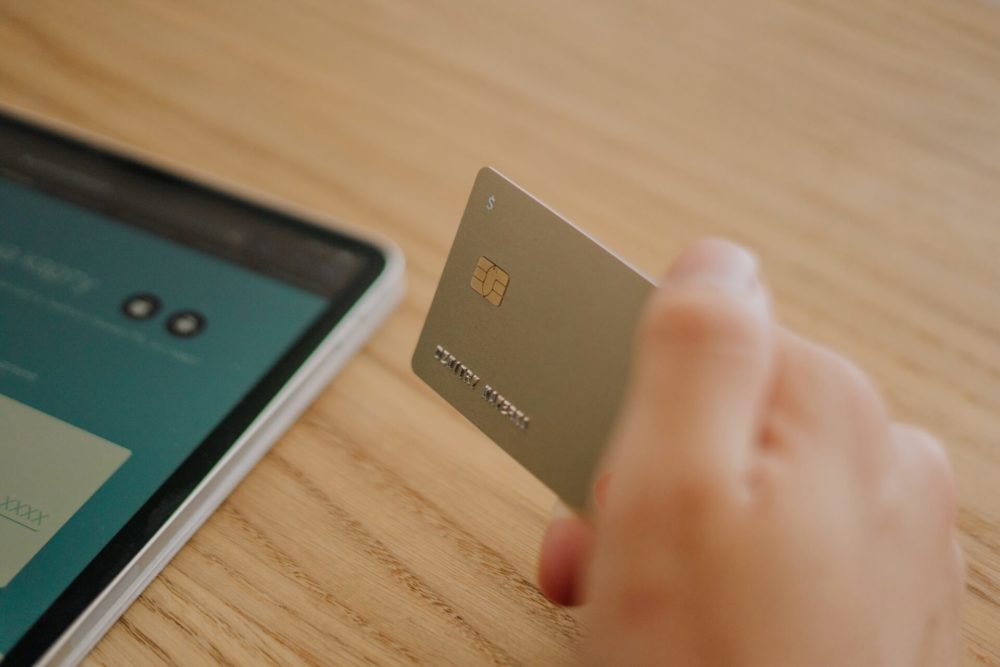
Processors and Gateways vs Merchant Accounts
Businesses shouldn’t operate without choosing a processing company first. However, another mistake business owners make is not considering a good bank to open a merchant account (MA). PPs may teach you how they process funds and cards, but they can’t help you with these basics. A lawyer could advise you on opening accounts and starting your firm.
Such accounts allow merchants to receive funds from customers who pay with different cards. It’s essential to have an MA if you want to run a legitimate company since receiving lots of money to your private balance may raise suspicion.
Here are some reasons why you may need an MA for your firm:
- When applying for an MA, you’ll have to go through an extensive application process, during which your provider will learn more about your company and its functions. You can negotiate rates easier and get different sorts of help with your company this way,
- If you have a large sales volume each month, your provider may give you discounts on transfers and fees,
- High-risk merchants should have MAs without a doubt because they’re considered more reliable and can legitimately get money through them.
- By asking for an MA and talking to a provider, you’ll be able to define your company’s needs and requirements a lot easier and faster.
Merchant Accounts – Fees and Rules
Opening an MA and getting your merchant ID can be easy enough, but there are some fees and rates to look over. One is an acquirer processor fee or an APF, which Visa charges to merchants that accept their cards in the US.
Other types of fees you’ll likely encounter are:
- Setup fee – this is a one-time fee you pay in advance to open an MA,
- Monthly minimum fee – a mandatory monthly sum required to process fees,
- Service fee (monthly or annual) – this works like a subscription fee; it’s a sum paid for the services of your MA provider,
- Statement fee – administrative fee for mailing statements,
- Batch fee – this is a flat fee for all your traffic of the day; it batches and charges them together after sending them to the MA or PP,
- Chargeback fee – merchants pay this fee when a customer disputes charges on their cards,
- Early termination fee – when terms of an agreement are broken or a long-term contract is ended early, merchants get charged. The cost depends on the duration and activity of your MA.
For Your Business to Work, You Need All Three Elements
Whether it’s PPs, gateways, or MAs, figuring them all out is crucial. As a future (or current) company owner, you must learn the difference between all three and how to communicate with each.
As far as finding providers for services is concerned, that can take longer than actually setting everything up since each has different advantages. You’ll have to be adamant in finding the right businesses to help you run your own, but most importantly, to keep things smooth for each customer when they interact with your company, online or in-store.
If you have an MA sorted out and need to find a good PP, it’s best to look up various online sources and get into a conversation with a couple of the most trusted ones, such as Merchant Chimp.
How to Find a Trusted Company for Processing Payments
There are a few factors to consider when choosing the most suitable PP for your company. They are:
- Look at their merchant service rates and how they’re compatible with your budget and requirements,
- Check if they cover the same e-commerce software you intend to or already use; some PPs don’t cover Apple Pay or PayPal, but most likely will. If a customer opts for online shopping rather than in-store, they’ll have all options available,
- Verify that they’re PCI compliant since that’s the most important thing – you’re storing cardholders’ info and need a reliable PP,
- See if they have fraud prevention included in their services since it’s vital. Fraud via cards and online accounts is widespread, and PPs need some form of prevention; data encryption is critical, both when paying and storing it.
Of course, as a company owner, you may have reservations about every PP you encounter. To you, the most important thing would be protecting your funds and transfers and finding someone who can assure you of being in good hands will also depend on your intuition.
In the end, your feelings about a company and its services might determine who you choose to work with but ensure you engage your emotions after you’ve verified some essential info about them.
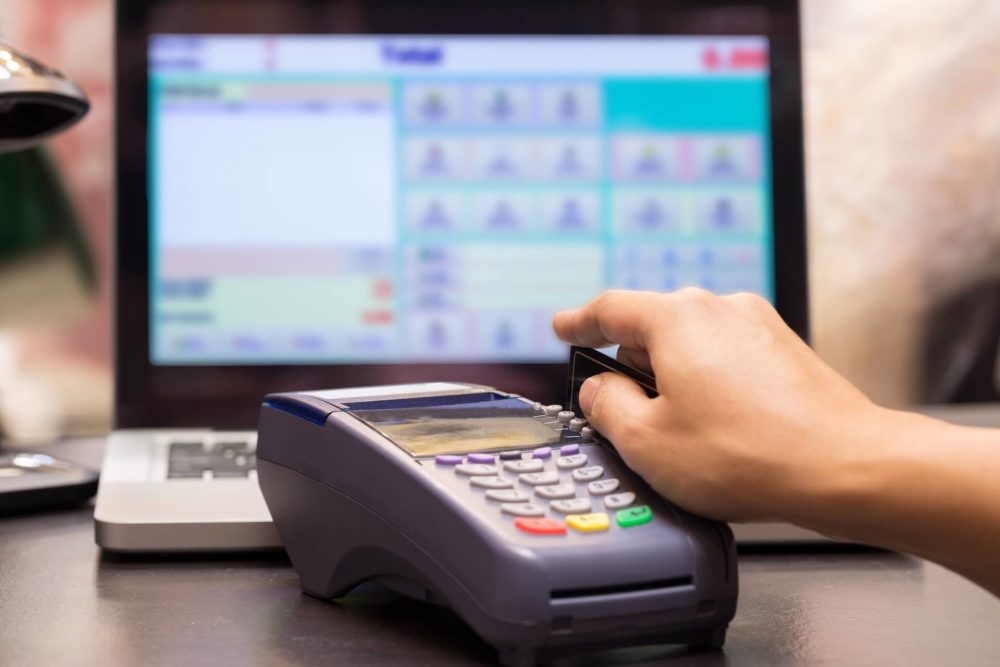
Merchant Chimp Is One of the Most Effective Credit Card Processing Companies
You now know everything about the functionalities of businesses, locally and globally. You learned what PCI means and how to become PCI compliant, too, which may be integral for choosing the right PP. Everything you needed to know is now in your hands.
Choosing Merchant Chimp as your PP will be an excellent decision for multiple reasons. We have inclusive and affordable services like a discount program and free financial consulting. We offer lower processing fees and can even process payments via Apple Pay. Contact us and ensure your company has the best PP in the game.

